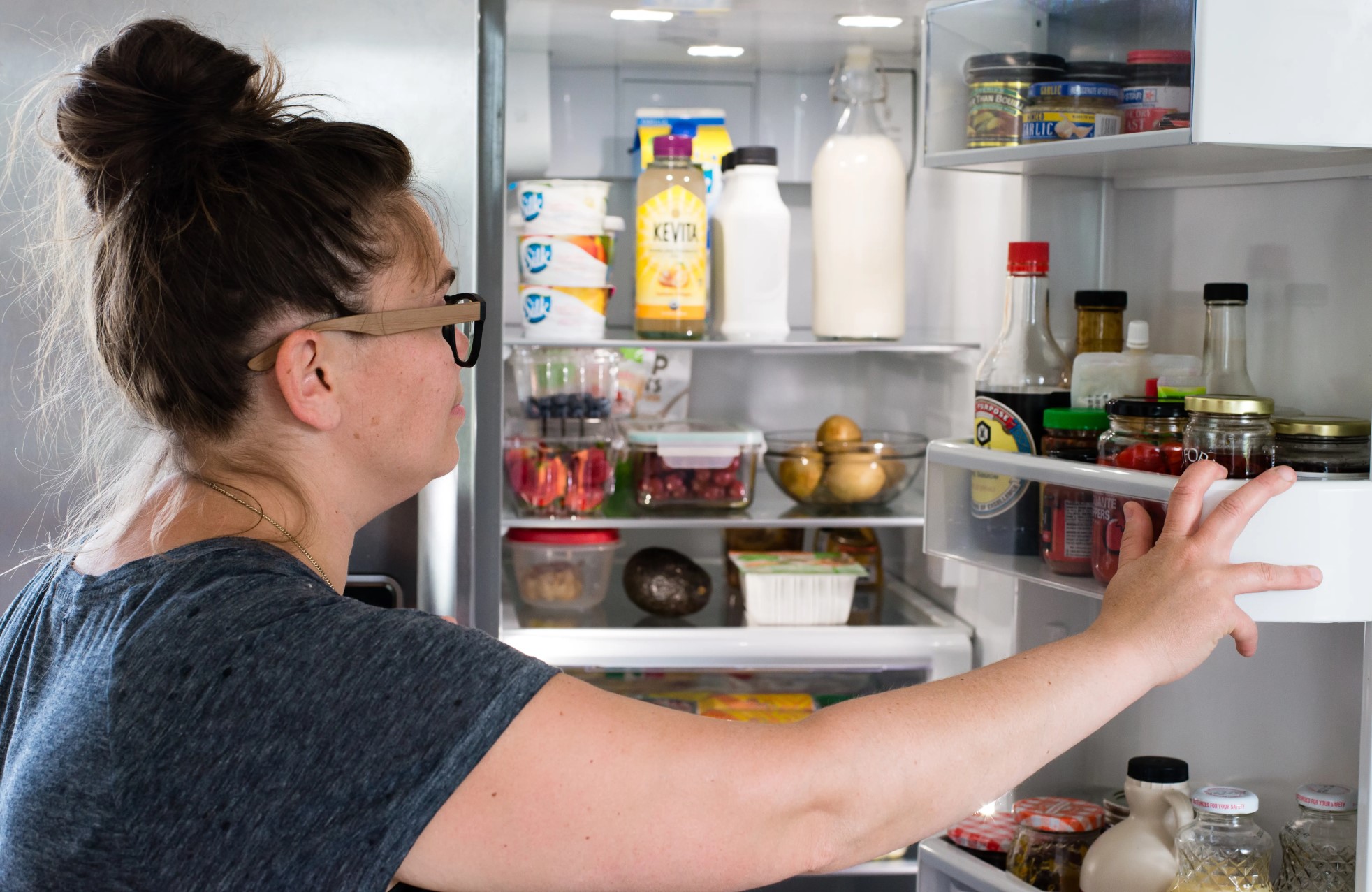Most people use their refrigerators every single day without giving much thought to how they operate—until the electricity bill arrives. What if I told you that tucked inside your trusty fridge is a simple button or setting that could slash your energy costs, especially during the colder months? Yes, you read that right! There’s a straightforward trick to adjusting your fridge for winter that not only saves you money but also keeps your food just as fresh. Let’s break it down.
Your Refrigerator: The Silent Power Consumer
Refrigerators are an essential household appliance, running 24/7 to keep your milk cold, your veggies crisp, and your leftovers edible. But they’re also one of the biggest energy consumers in your home. According to statistics, a large refrigerator typically uses 50–75 kWh of electricity per month. That’s enough to make it a top contender in your energy expenses, just behind electric stoves and water heaters.
But here’s the kicker: a lot of that energy use is unnecessary—especially in the winter.
The Magic of Winter Adjustments
Did you know that your refrigerator works less hard in winter because the ambient temperature is cooler? This means you can tweak the settings to reduce its energy consumption. Most refrigerators come with a temperature dial ranging from 1 to 5 (or 1 to 6, depending on the model).
In the summer, your fridge might need to be cranked up to 4 or 5 to combat the heat. But in the winter? You can turn it down to 2 or 3—and sometimes even 1!
At level 1, the refrigerator typically maintains a temperature of 2–5 degrees Celsius, which is perfect for keeping your food fresh while saving electricity. Adjusting the freezer to a slightly lower cooling level works just as well, provided you don’t overload it with fresh seafood or other perishables that need a steady -18 degrees Celsius.
How to Adjust Your Fridge for Energy Savings
- Check the Dial or Display Panel: Look for the temperature adjustment inside your refrigerator. Most modern fridges have a straightforward control knob or digital panel.
- Lower the Cooling Level: In winter, turn the temperature dial to a lower setting (e.g., level 2 or 3). This reduces the fridge’s workload and conserves energy.
- Consider the Food Load: If your fridge is packed to the brim, you might need a slightly higher cooling level to maintain even temperatures. For a near-empty fridge, go ahead and dial it down.
Other Smart Ways to Save Energy
In addition to adjusting your refrigerator’s temperature, here are a few expert-recommended tips to save even more electricity:
1. Place Your Fridge Wisely
Refrigerators release heat from their backs or sides, and this heat needs room to dissipate. Avoid placing your fridge too close to walls or obstacles, which can hinder this process and force the fridge to work harder.
Pro tip: Keep your fridge away from other heat-generating appliances like ovens and microwaves. Two heat sources close together? That’s a recipe for higher energy bills and shorter appliance lifespans.
2. Limit Door Time
Opening the fridge door for too long allows cold air to escape. This makes the compressor work overtime to restore the temperature, which means more energy consumption. If you’re someone who stares into the fridge hoping for a snack to magically appear, it’s time to rethink your approach.
3. Keep the Coils Clean
The coils at the back or bottom of your fridge help it cool efficiently. Dust and grime can clog these coils, reducing efficiency. A quick cleaning every few months can make a big difference in energy use.
4. Use the Right Containers
Store your food in airtight containers to retain cold air and prevent moisture buildup. This not only keeps your food fresher but also reduces the workload on your fridge.
5. Don’t Overstuff or Underfill
A refrigerator needs adequate airflow to cool efficiently. Overloading it blocks vents, while an empty fridge wastes cooling power. Strive for a balanced load.
Why This Button Matters
Saving money is one thing, but making a small adjustment that helps the environment is an even bigger win. Lower energy consumption means a smaller carbon footprint, which benefits everyone. Plus, your fridge will thank you with a longer lifespan—no surprise breakdowns or costly repairs.
A Joke to Lighten the Load
Let’s lighten things up with a little fridge humor:
What did one fridge say to the other when it was running inefficiently?
“Cool it, buddy! You’re working too hard!”
And that’s precisely what your fridge will say to you (metaphorically) when you adjust its settings in winter.
Final Thoughts
Refrigerators might seem like simple appliances, but a little knowledge about how they work can go a long way in saving energy and money. So, this winter, don’t forget to give your fridge some love. Adjust the temperature, place it wisely, and keep it clean. Not only will you save on your electricity bills, but you’ll also help reduce your environmental impact.
It’s a win-win situation—just like finding that forgotten slice of cake in the back of the fridge.

